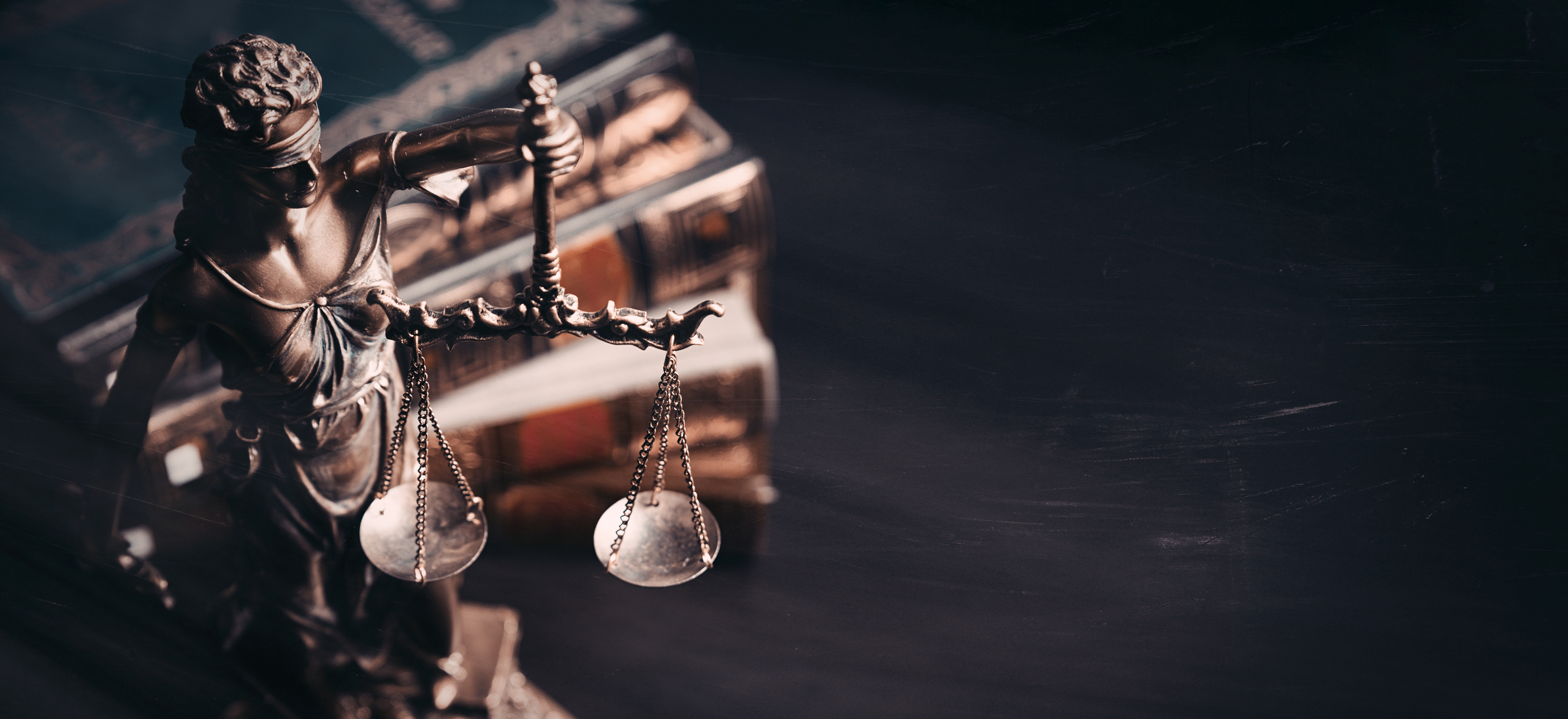
If you've been involved in litigation, you likely are aware of the "CCP 998 offer." CCP § 998 is a statutory carrot-and-stick to entice parties to make reasonable offers, and to threaten penalties for rejecting reasonable offers.
A 998 offer may be made any time up to 10 days before trial or arbitration. The objective is to make, or accept, a reasonable offer, defined as an amount that is less than what the court ultimately awards.
If a party rejects a reasonable settlement - that is, fails to obtain a better award than the offer - that party must pay the other party's costs incurred after the offer was made.
A 998 offer can change the entire outcome of a case, as happened in Scott Co. v. Blount, Inc. (1999) 20 Cal.4th 1103. There, subcontractor Scott Co. alleged $2 million in cost overruns and delays concerning the San Jose Convention Center project. Blount made a 998 offer to pay Scott $900,000 to settle. Scott countered, demanding $1.5 million. Negotiations failed, and the parties went to trial.
So Scott's number to beat was $900,000 - if Scott failed to get a better outcome than that, it would have to pay up to Blount.
Scott did prevail, but only received a judgment of $442,000. Scott was still entitled to its pre-offer costs of $226,000, bringing its total award to a little over $668,000.
Less than $900,000.
This meant Blount was entitled to its post-offer costs - $633,000 in attorney fees and costs, plus $247,000 in expert fees, for a total of $881,000.
This flipped the outcome of the case: instead of writing a check to the judgment creditor, Blount, despite having a freshly-entered judgment against it, was entitled to receive $212,000 for its trouble.
The litigant who ignores the effects of a CCP 998 offer might win at checkers only to realize the game was chess, and he's been beaten.